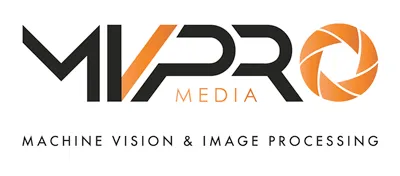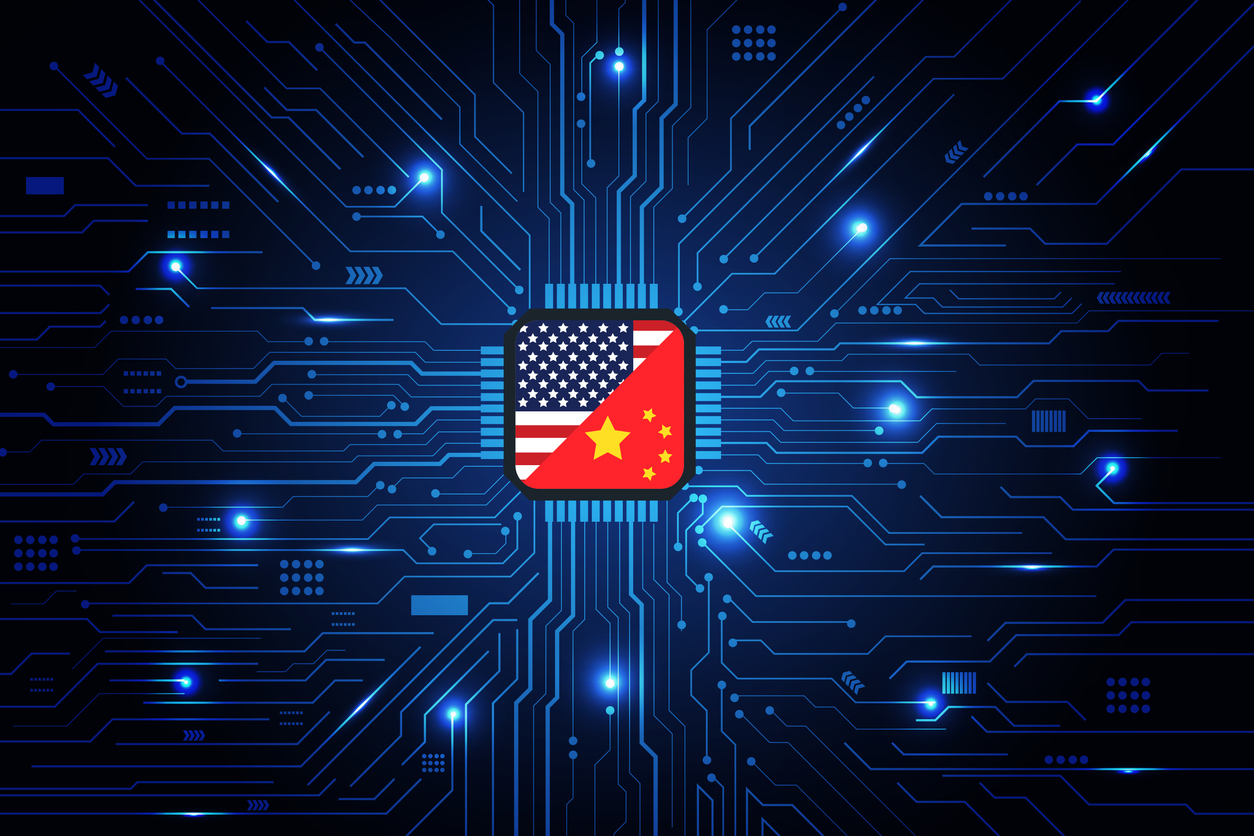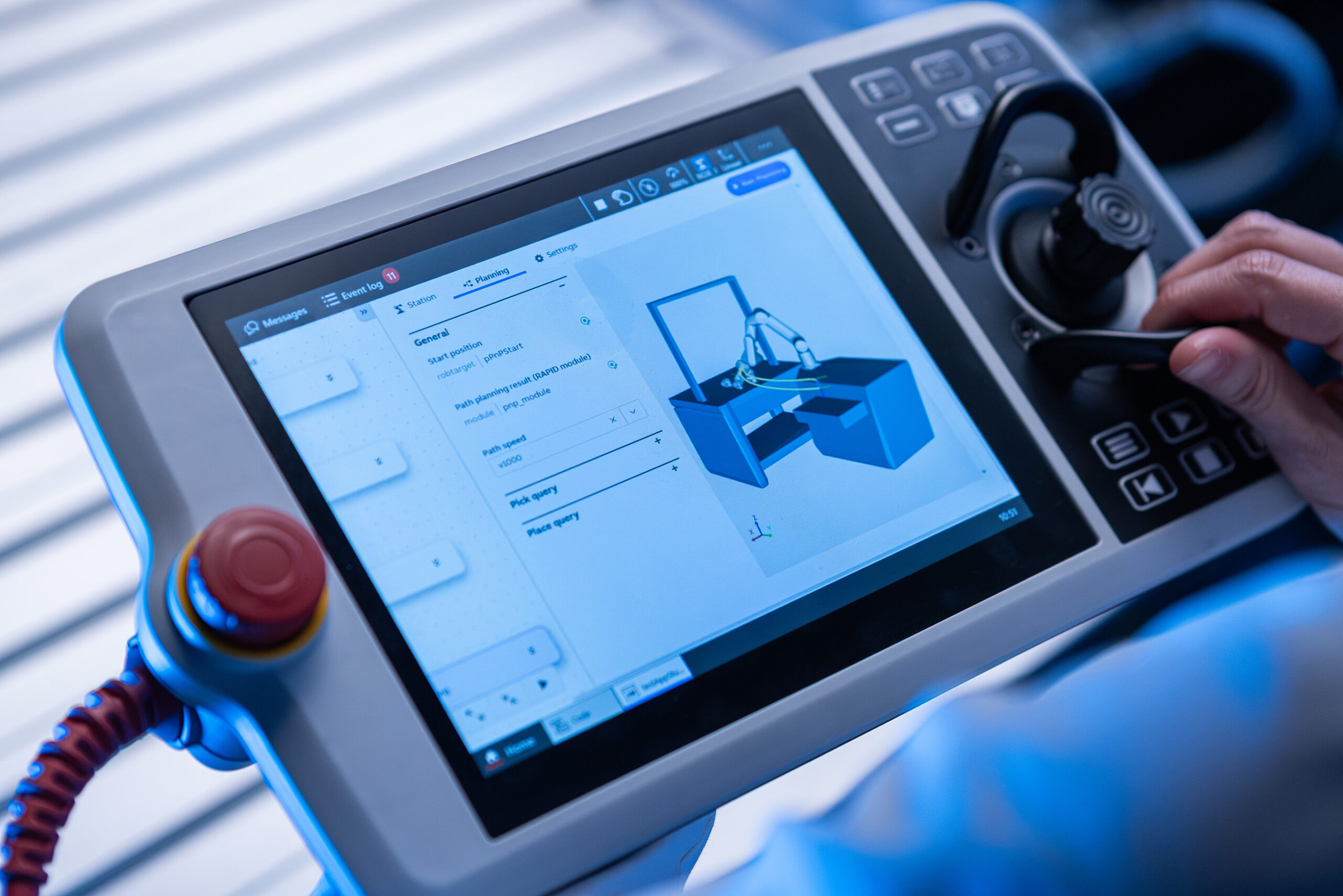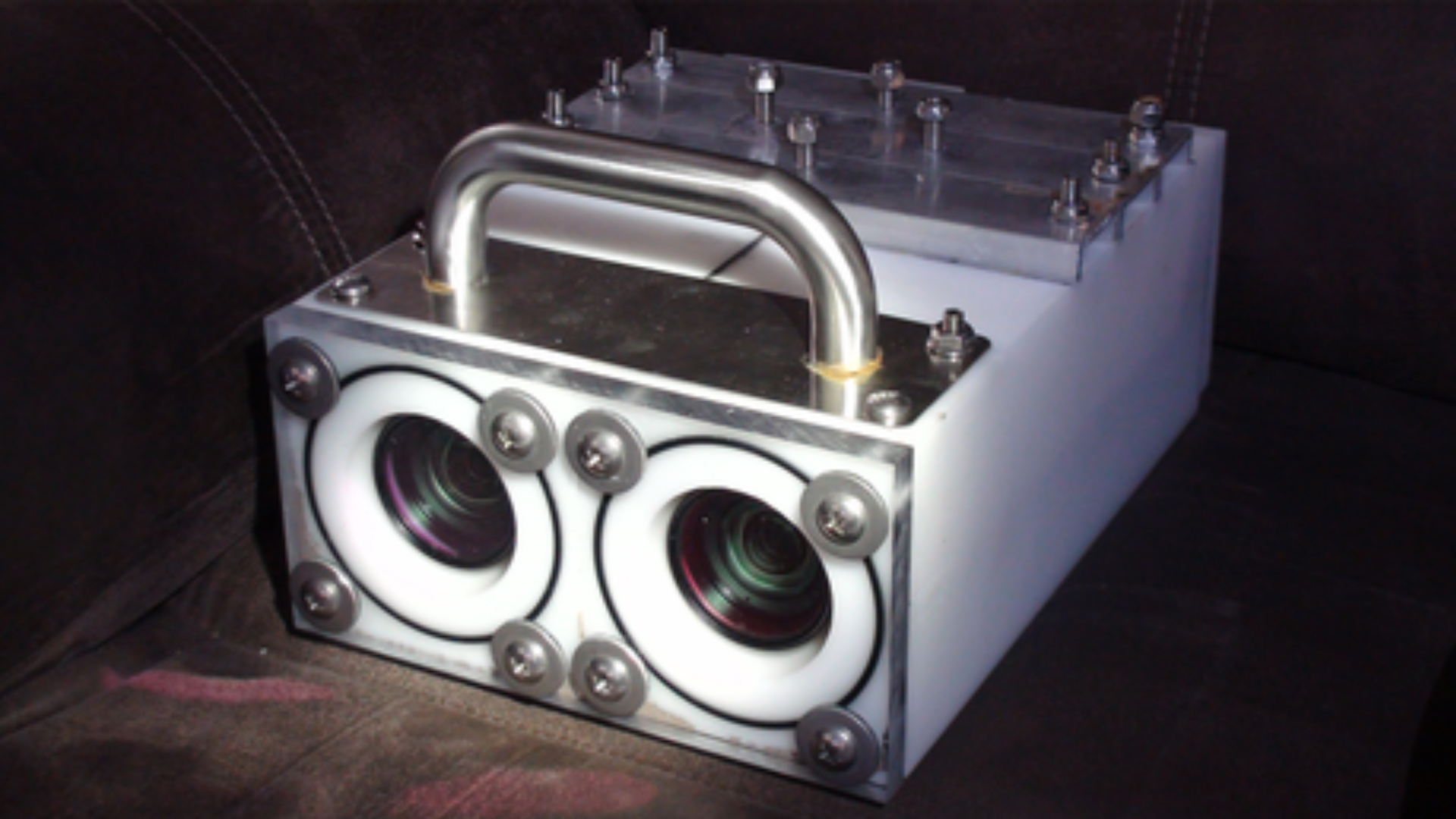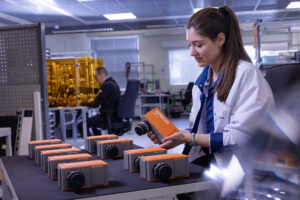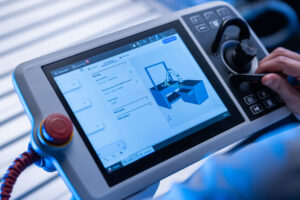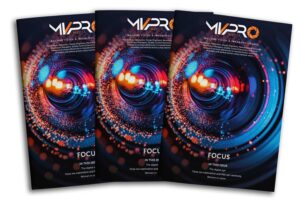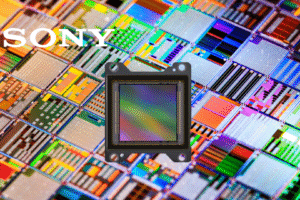Chipmakers Nvidia and AMD have reached an unprecedented agreement with the US government to hand over 15% of Chinese revenues in exchange for export licences reopening the door for high performance processors that could supercharge Chinas machine vision capabilities.
Previously Washington had barred the sale of advanced chips to China over national security fears citing their role in powering artificial intelligence applications such as real time surveillance automated targeting and object recognition systems. Security experts have warned that Nvidias H20 chip now at the centre of the deal is a potent accelerator for AI driven vision technologies.
While many Chinese buyers are civilian firms defence analysts caution that the same hardware can be repurposed for military grade computer vision platforms. These range from autonomous drones capable of identifying and tracking targets to next generation intelligence surveillance systems that integrate facial recognition gait analysis and multi sensor fusion in near real time.
In a letter to US Commerce Secretary Howard Lutnick 20 national security specialists argued that chips optimised for AI inference will enable autonomous weapons systems intelligence surveillance platforms and rapid advances in battlefield decision making. The concern is not only about computational power but also about the ability to process and interpret massive volumes of video and sensor data instantly something core to modern machine vision.
Under the deal Nvidia will pay 15% of revenues from H20 sales in China to the US government while AMD will do the same for its MI308 chips. Both chips are designed to handle the high throughput image recognition spatial mapping and real time scene understanding that underpin both civilian and defence grade machine vision applications.
Industry analysts note the arrangement reflects the rising strategic value of vision oriented AI hardware. These chips do not just crunch numbers they enable machines to see recognise and act said Charlie Dai of Forrester Research. That is what makes them so sensitive in a national security context.
The deal comes amid easing US China trade tensions with both sides making concessions in related tech sectors. However the agreement underscores the delicate balance between commercial opportunity and security risk especially when the technology in question can make machines see and decide faster than humans.
